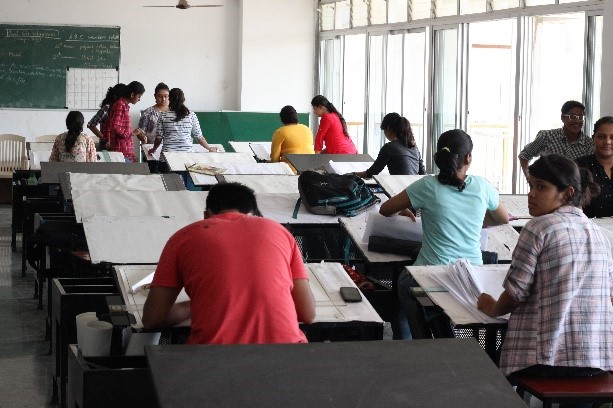General
PLANNING THEORY AND PRACTICE

Source: KAHE
This course is an introduction to the history and theories of the planning profession. Selectively draw on the literature in planning theory and history to examine a series of questions fundamental to planning practice. The discussions, exercises, and readings on these questions will highlight alternative approaches to planning practice, and the current issues in the field of planning.
Instructor(s) V. Balakrishna
Assisstant Instructor(s) Hiranmayi Shankavaram
Assisstant Instructor(s) Rishab Sharma
As Taught in Winter 2018
Level Master of Planning, Master of Architecture
Type Theory

